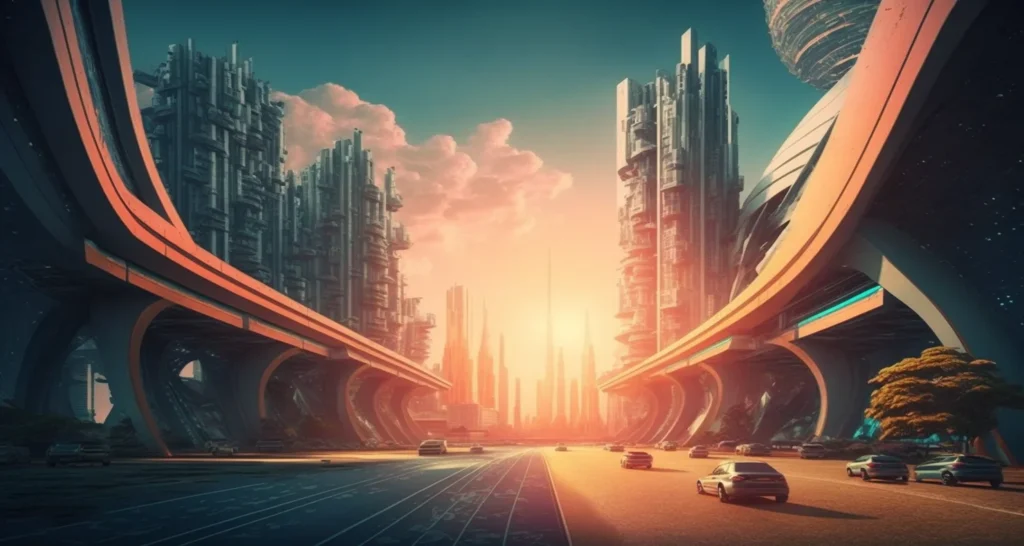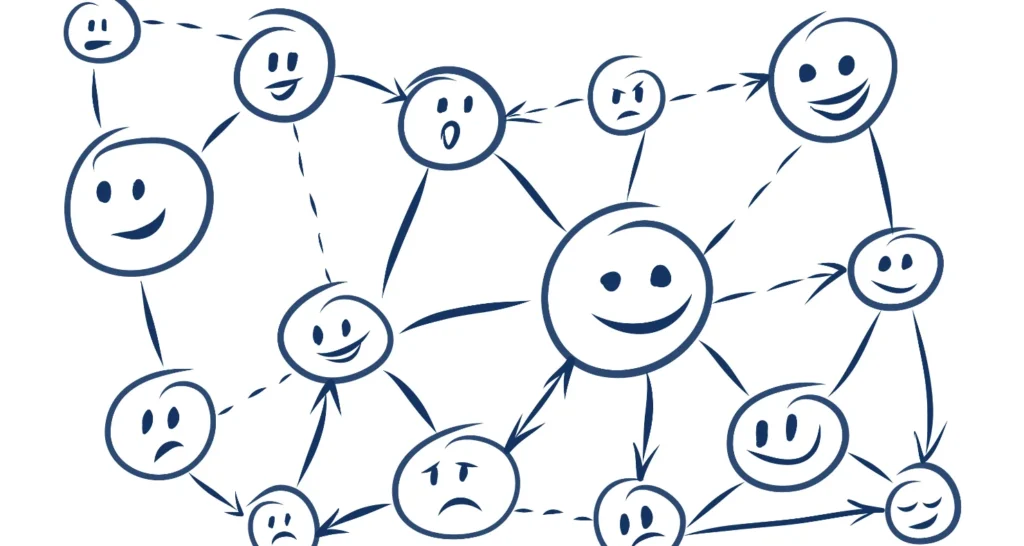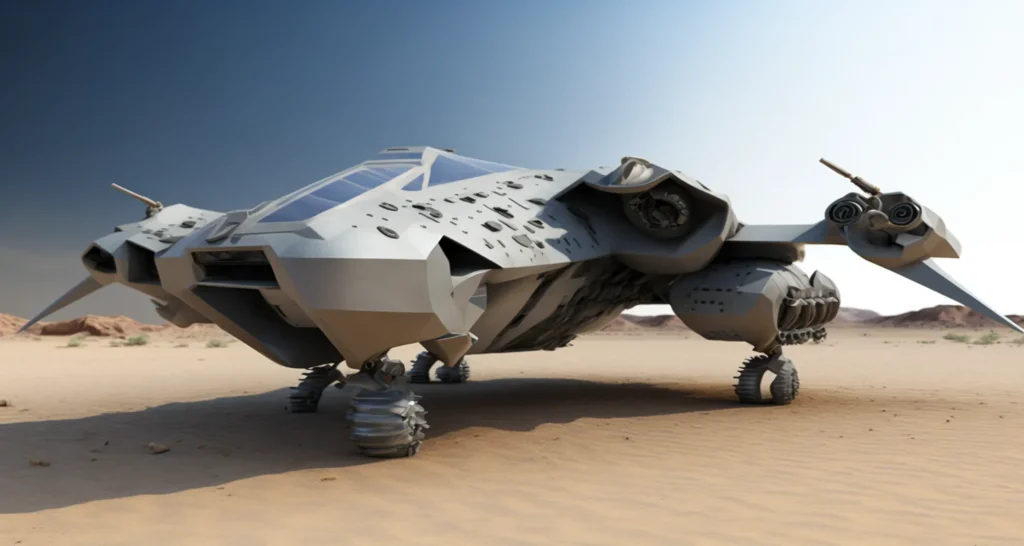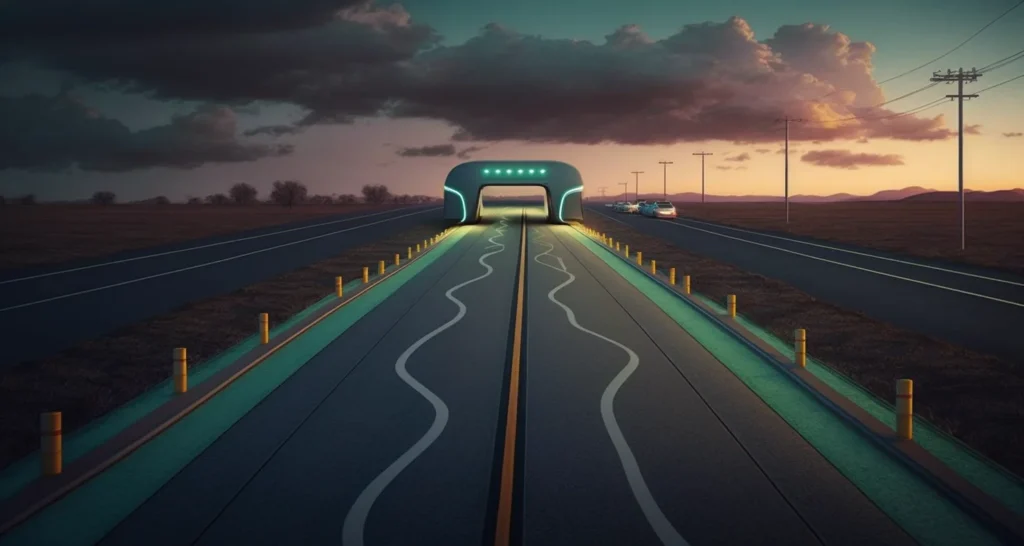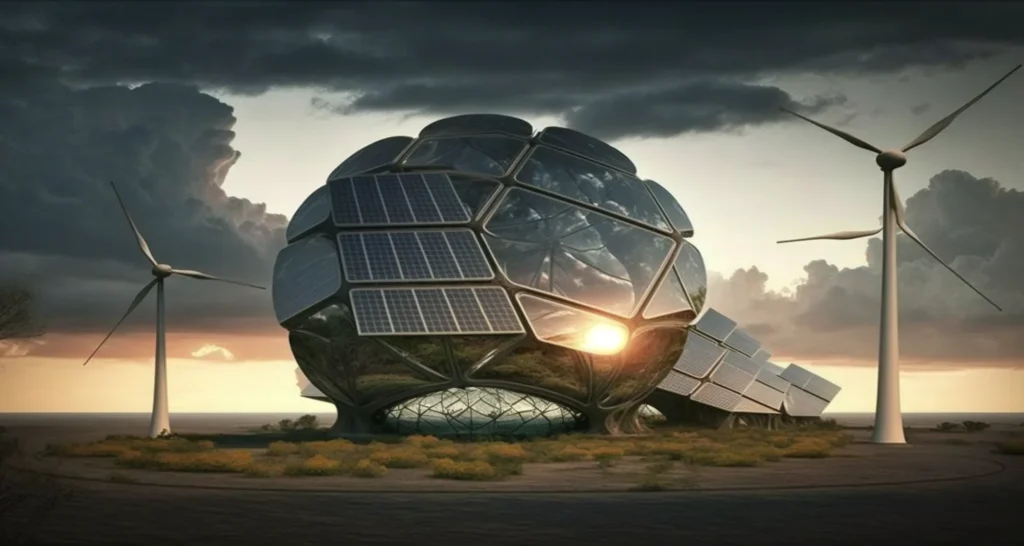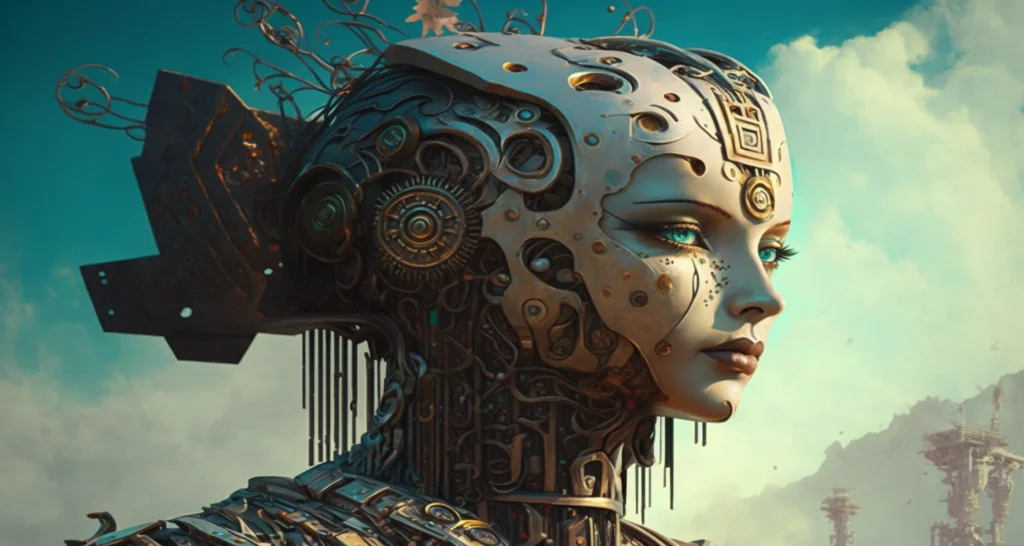intellectual economy, based on scientific knowledge and specialized unique capabilities and skills of their carriers as the main source and key factor in the development of material and non-material production, ensuring sustainable economic development.
The main resources of intellectual economy are knowledge and information, which, unlike all other resources, are characterized by neither finiteness, nor exhaustibility, nor consumability in their traditional sense. The limitation of access to these resources are specific qualities of the person himself – the presence or absence of ability to intellectual activity as a form of accumulation, processing and generation of new knowledge.


